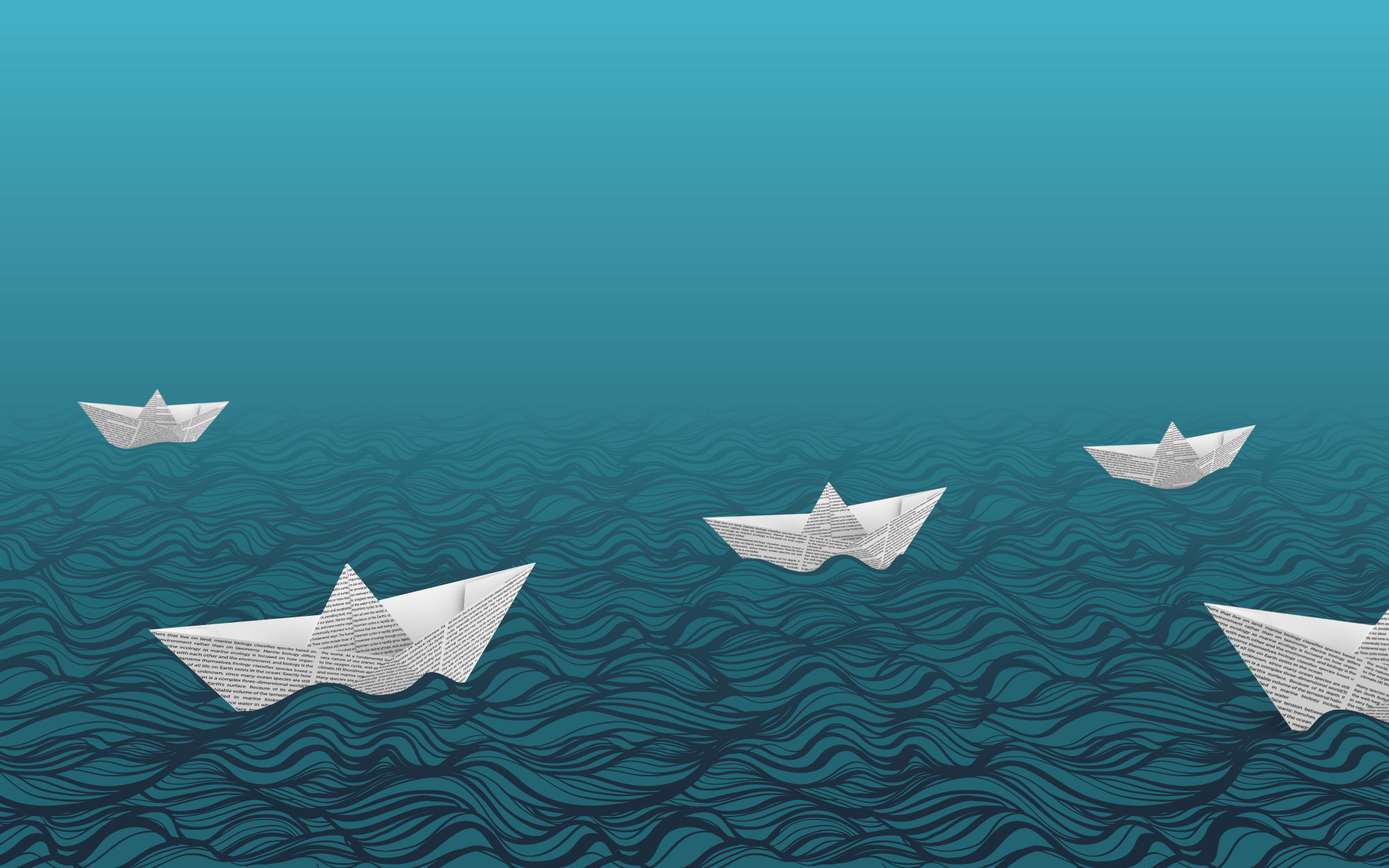
CommOCEAN 2022 aimed to provide communication skills and inspiration to communicators across a range of experience levels. While many sessions catered to a broad audience, some programme elements were tailored for those seeking to develop their communications skills and those looking to move their communications to the next level.
To keep the core of CommOCEAN conferences, the organizing committee decided to focus the conference programme as in-person event. However, recognizing the success of the 2020 online edition and the international audience, a reduced online programme was organized consisting of a 3-hour dedicated session around noon CET via Zoom, as well as a web streaming of plenary sessions.
The conference took place on Wednesday 30 November 2022 at 09:00 and finished on Thursday 1 December 2022 at 16:00. An Icebreaker with all participants coming to Sète was organised on the evening of 29 November 2022.
Programme overview:
Day One
Morning Breakout Sessions
On Ocean data and effective communication, maritime spatial planning engaging communication at European level, marine citizen science in Europe.
Workshop: Interactions between communicators and master students from Montpellier.
Afternoon Breakout Sessions
On how to engage local communities, increase Ocean literacy with online interactive tools, marine science communication projects.
Workshops: ‘Artist-scientist collaborations for diverse, high-quality, science communication media’, ‘I live by the Sea Ocean Action interactive workshop’, ‘Building a Movement of Ocean Stewardship’
Day Two
Morning Breakout Sessions
On coupling arts and sciences, using tools such as cartoons, comics, animated films to communicate marine science and increase Ocean literacy.
Workshops: ‘After ZOOLYS: communication hopes of scientists, public perception, and outreach of an animated film’, ‘The Ocean Observers initiative – an international educational platform on in situ ocean observations’
Afternoon Breakout Sessions
On engaging local communities and sharing experiences making science short videos, documentaries, animations.
Online Programme:
On inclusive scientific communication, using gamification for models and data, bridging the gap between research and policy, opportunities for public engagement.
